When you start learning another language, like, say, Japanese, it’s common to come across certain words that sound like English words, but aren’t. For example, the Japanese word “hai” which means yes, sounds a lot like the greeting “hi” in English. Another example might be that “ohayou” meaning good morning sounds a lot like the US state of Ohio.
But, naturally, this goes both ways. There are also plenty of examples of Japanese speakers finding “Japanese” meaning in English words that a native English speaker would never think of…
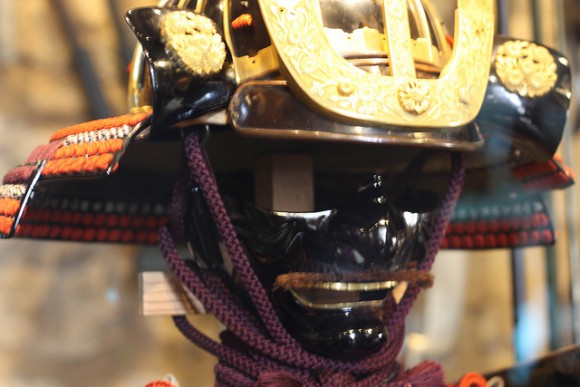
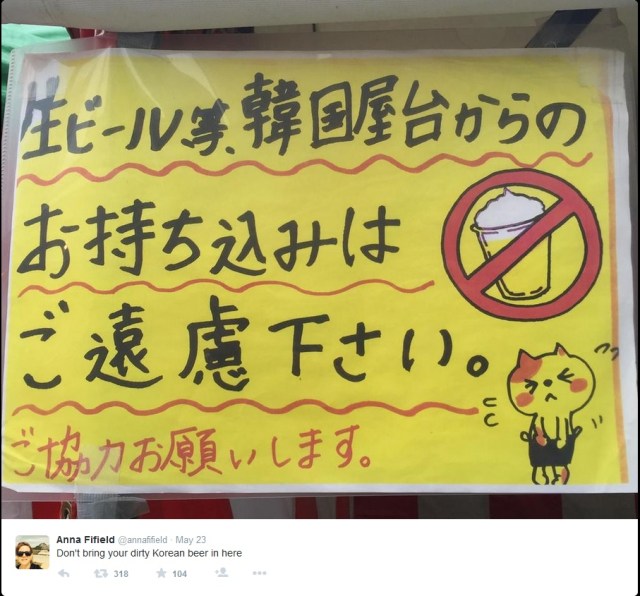

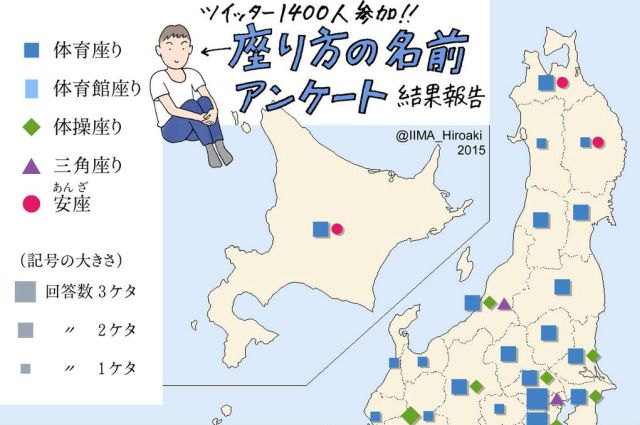




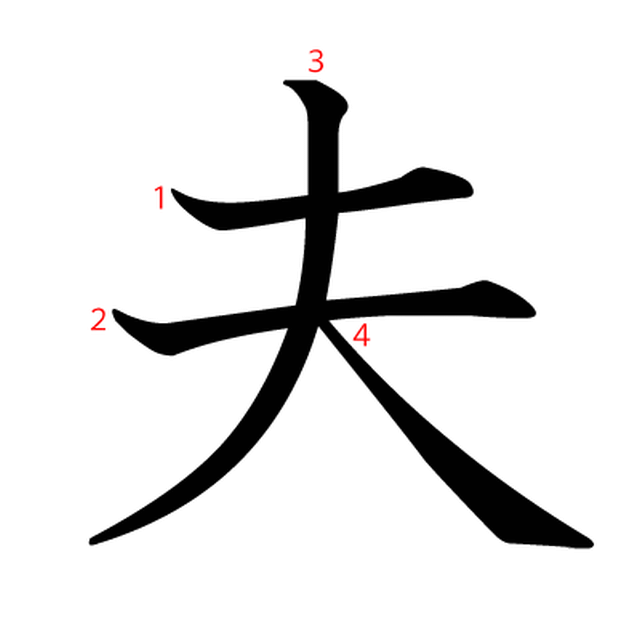

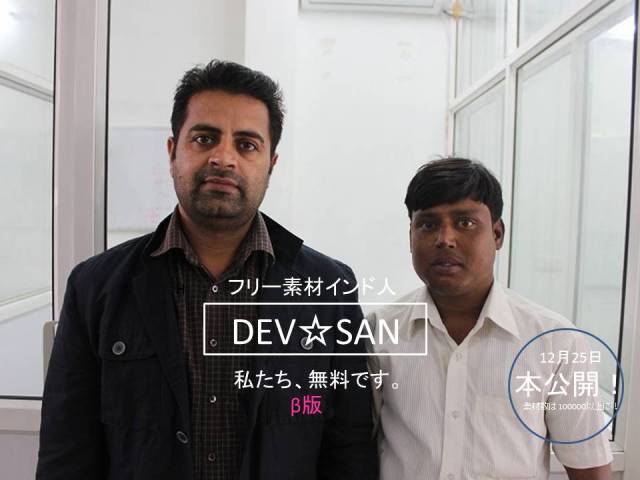



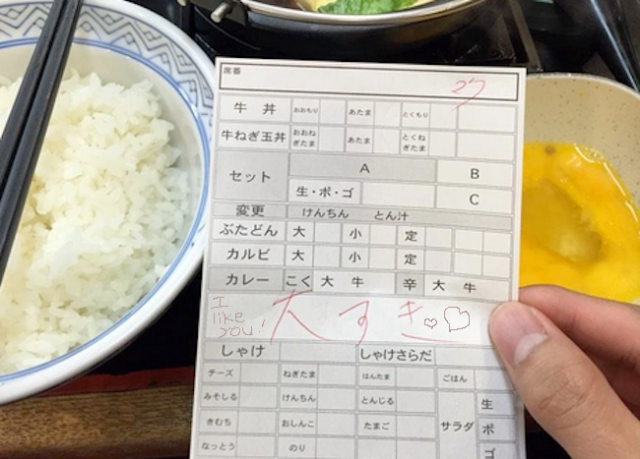
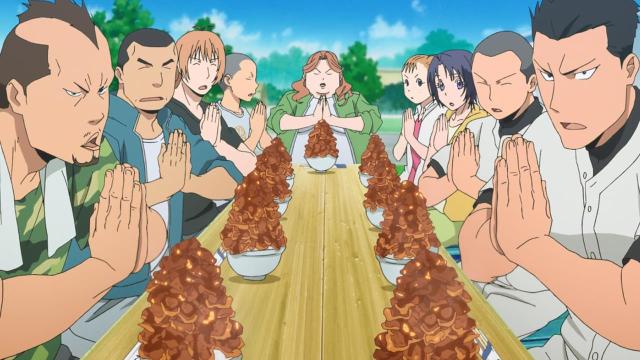


 Saitama is home to the best strawberries in Japan that you’ve probably never even heard of
Saitama is home to the best strawberries in Japan that you’ve probably never even heard of Ghibli’s Kiki’s Delivery Service returns to theaters with first-ever IMAX screenings and remaster
Ghibli’s Kiki’s Delivery Service returns to theaters with first-ever IMAX screenings and remaster Skyscraper sized Pokémon cards to appear in Tokyo all year long in Tocho projection mapping event
Skyscraper sized Pokémon cards to appear in Tokyo all year long in Tocho projection mapping event Japan has only one airport named after a samurai, so let’s check out Kochi Ryoma【Photos】
Japan has only one airport named after a samurai, so let’s check out Kochi Ryoma【Photos】 Family Mart’s Shibuya Cat Street shop hosts first-ever rescue cat photo exhibition for Cat Day
Family Mart’s Shibuya Cat Street shop hosts first-ever rescue cat photo exhibition for Cat Day Osaka icon loses legs, restaurant says famous crab is exhausted
Osaka icon loses legs, restaurant says famous crab is exhausted These apartments are crazy-small even by Tokyo standards, and super-popular with young people
These apartments are crazy-small even by Tokyo standards, and super-popular with young people Octopus tentacle ear plugs coming to Japanese capsule toy machines
Octopus tentacle ear plugs coming to Japanese capsule toy machines Osaka establishes first designated smoking area in Dotonbori canal district to fight “overtourism”
Osaka establishes first designated smoking area in Dotonbori canal district to fight “overtourism” How to avoid queues at this Ichiran ramen restaurant in Japan
How to avoid queues at this Ichiran ramen restaurant in Japan The 10 most annoying things foreign tourists do on Japanese trains, according to locals
The 10 most annoying things foreign tourists do on Japanese trains, according to locals Starbucks Japan releases new sakura goods and drinkware for cherry blossom season 2026
Starbucks Japan releases new sakura goods and drinkware for cherry blossom season 2026 Naruto and Converse team up for new line of shinobi sneakers[Photos]
Naruto and Converse team up for new line of shinobi sneakers[Photos] Is Sapporio’s Snow Festival awesome enough to be worth visiting even if you hate the snow? [Pics]
Is Sapporio’s Snow Festival awesome enough to be worth visiting even if you hate the snow? [Pics] Japan has trams that say “sorry” while they ride around town…but why?
Japan has trams that say “sorry” while they ride around town…but why? Tokyo Skytree turns pink for the cherry blossom season
Tokyo Skytree turns pink for the cherry blossom season Sakura Totoro is here to get spring started early with adorable pouches and plushies
Sakura Totoro is here to get spring started early with adorable pouches and plushies Poop is in full bloom at the Unko Museums for cherry blossom season
Poop is in full bloom at the Unko Museums for cherry blossom season Shibuya Station’s Hachiko Gate and Yamanote Line stairway locations change next month
Shibuya Station’s Hachiko Gate and Yamanote Line stairway locations change next month Japan’s new “Cunte” contact lenses aren’t pronounced like you’re probably thinking they are
Japan’s new “Cunte” contact lenses aren’t pronounced like you’re probably thinking they are Japan’s newest Shinkansen has no seats…or passengers [Video]
Japan’s newest Shinkansen has no seats…or passengers [Video] Foreigners accounting for over 80 percent of off-course skiers needing rescue in Japan’s Hokkaido
Foreigners accounting for over 80 percent of off-course skiers needing rescue in Japan’s Hokkaido Super-salty pizza sends six kids to the hospital in Japan, linguistics blamed
Super-salty pizza sends six kids to the hospital in Japan, linguistics blamed Starbucks Japan unveils new sakura Frappuccino for cherry blossom season 2026
Starbucks Japan unveils new sakura Frappuccino for cherry blossom season 2026 Foreign tourists in Japan will get free Shinkansen tickets to promote regional tourism
Foreign tourists in Japan will get free Shinkansen tickets to promote regional tourism Take a trip to Japan’s Dododo Land, the most irritating place on Earth
Take a trip to Japan’s Dododo Land, the most irritating place on Earth Is China’s don’t-go-to-Japan warning affecting the lines at a popular Tokyo gyukatsu restaurant?
Is China’s don’t-go-to-Japan warning affecting the lines at a popular Tokyo gyukatsu restaurant? Survey asks foreign tourists what bothered them in Japan, more than half gave same answer
Survey asks foreign tourists what bothered them in Japan, more than half gave same answer Japan’s human washing machines will go on sale to general public, demos to be held in Tokyo
Japan’s human washing machines will go on sale to general public, demos to be held in Tokyo Starbucks Japan releases new drinkware and goods for Valentine’s Day
Starbucks Japan releases new drinkware and goods for Valentine’s Day We deeply regret going into this tunnel on our walk in the mountains of Japan
We deeply regret going into this tunnel on our walk in the mountains of Japan Studio Ghibli releases Kodama forest spirits from Princess Mononoke to light up your home
Studio Ghibli releases Kodama forest spirits from Princess Mononoke to light up your home Major Japanese hotel chain says reservations via overseas booking sites may not be valid
Major Japanese hotel chain says reservations via overseas booking sites may not be valid Put sesame oil in your coffee? Japanese maker says it’s the best way to start your day【Taste test】
Put sesame oil in your coffee? Japanese maker says it’s the best way to start your day【Taste test】 No more using real katana for tourism activities, Japan’s National Police Agency says
No more using real katana for tourism activities, Japan’s National Police Agency says Osaka icon loses legs, restaurant says famous crab is exhausted
Osaka icon loses legs, restaurant says famous crab is exhausted These apartments are crazy-small even by Tokyo standards, and super-popular with young people
These apartments are crazy-small even by Tokyo standards, and super-popular with young people Octopus tentacle ear plugs coming to Japanese capsule toy machines
Octopus tentacle ear plugs coming to Japanese capsule toy machines Osaka establishes first designated smoking area in Dotonbori canal district to fight “overtourism”
Osaka establishes first designated smoking area in Dotonbori canal district to fight “overtourism” How to avoid queues at this Ichiran ramen restaurant in Japan
How to avoid queues at this Ichiran ramen restaurant in Japan Pokémon Cafe serves up a green tea ceremony in Japan with Poltchageist and Sinistcha matcha menu
Pokémon Cafe serves up a green tea ceremony in Japan with Poltchageist and Sinistcha matcha menu Kirby Cafe x Captain Sweets Burger release “double strawberry burgers” exclusive to Tokyo Station
Kirby Cafe x Captain Sweets Burger release “double strawberry burgers” exclusive to Tokyo Station Take a trip to Japan’s Dododo Land, the most irritating place on Earth
Take a trip to Japan’s Dododo Land, the most irritating place on Earth How to escape the Tokyo crowds with a trip to a hidden gem on a special Japanese train
How to escape the Tokyo crowds with a trip to a hidden gem on a special Japanese train Step into Japanese culture with Converse’s new Japan-exclusive shoes featuring gods, sushi style
Step into Japanese culture with Converse’s new Japan-exclusive shoes featuring gods, sushi style Viral 3D ice creams land in Japan… but are they worth the hype?
Viral 3D ice creams land in Japan… but are they worth the hype? Four things to hate about looking for an apartment in Japan as a foreigner
Four things to hate about looking for an apartment in Japan as a foreigner Shibuya Station’s Hachiko Gate and Yamanote Line stairway locations change next month
Shibuya Station’s Hachiko Gate and Yamanote Line stairway locations change next month